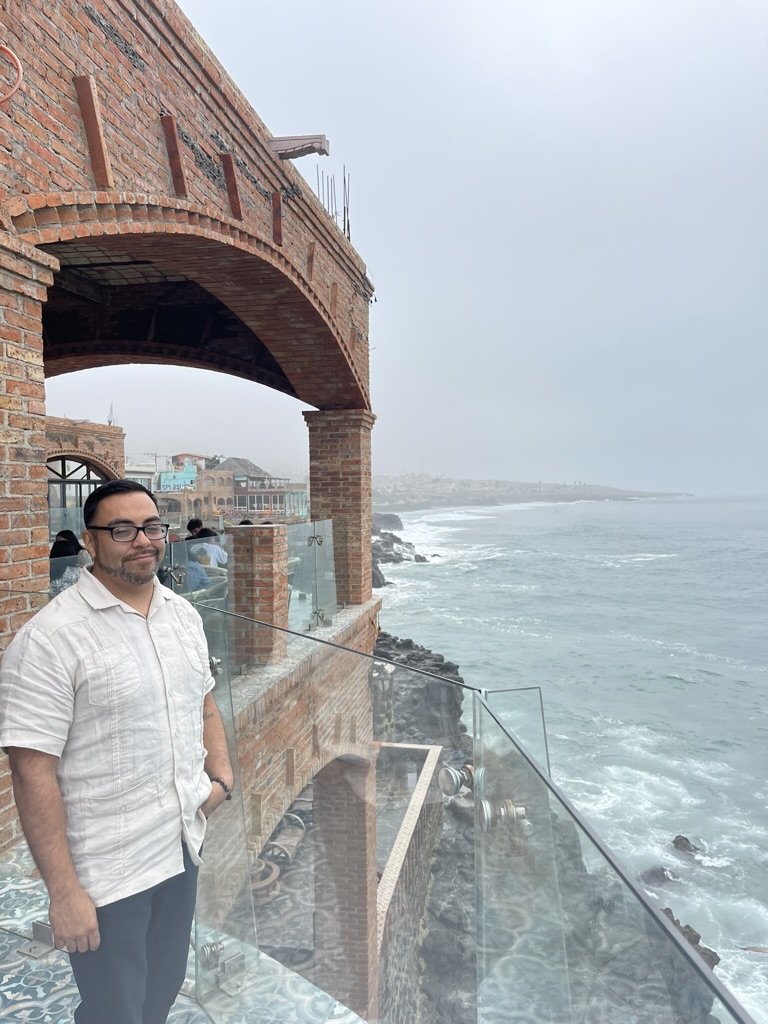Our People
We are a collection of practitioners, activists, former students, families of the incarcerated, advocates, and individuals dedicated to seeing that college-in-prison programs are free to provide their students with safe and dignified learning environments.
Rebecca Ginsburg is a co-founder and current director of the Education Justice Project (EJP), a unit of the University of Illinois. Through its prison education programs, events, outreach, and advocacy, EJP supports critical awareness of incarceration and reentry, with special focus on the responsibility of institutions of higher education to engage systems-involved individuals during and after incarceration.
Rebecca received her Bachelors degree in English from Loyola Marymount University, her JD from the University of Michigan Law School, and a PhD in Architectural History from the University of California at Berkeley.
Molly Crane is an abolitionist and an attorney committed to education justice for people inside. She directs the Northwestern Prison Education Program's college partnership for young people held in the Illinois Department of Juvenile Justice. Molly is grateful to have spent her life advocating alongside people harmed by the criminal legal system, including people tortured in solitary confinement; youth denied access to special education while in prison; elders held in carceral facilities despite their severe medical needs; human beings sentenced to death; trans women discriminated against by corrections officers; people with disabilities held in immigration detention; water protectors criminalized for their courageous resistance; and children targeted by the police. She graduated from Harvard Law School and the Harvard Kennedy School.
Ashton Hoselton is Policy and Research Director for the Education Justice Project, a unit of the University of Illinois and a comprehensive college-in-prison program at Danville Correctional Center. Prior to her current position, Ashton held a number of positions that inform her passion to combat the harms of mass incarceration while promoting prison abolition. She was a teacher and volunteer coordinator at the Prison Education Project, a program operating in California correctional facilities; a program assistant for the Reintegration Academy, a reentry program that aims to create a “prison-to-school pipeline;” and a Fulbright Fellow in Uganda where she conducted research on the Ugandan Prison System to determine the essential factors creating Uganda’s relatively low recidivism rate. Ashton received her BA in Neuropsychology from Pitzer College and her JD from Georgetown University Law Center.
Pablo Mendoza is dedicated to transforming the status quo by inspiring his community to envision a world without incarceration. As the director and co-creator of Walls Turned Sideways (WTS), an art gallery that showcases the work of incarcerated artists, he also fosters a community center to support the families of those affected by incarceration. At WTS, Pablo emphasizes healing and political education, empowering individuals to recognize and exercise their personal agency for meaningful change in their communities.
Caitlin Power (they/them) is a Policy Analyst with the Partnership for College Completion (PCC), which advocates for racial and economic equity in higher education access and outcomes in Illinois. With the Partnership, Caitlin leads qualitative research projects with a focus on student voice in policy decision-making. Before joining PCC, Caitlin conducted research on gender-based violence to support incarcerated survivors working on clemency petitions. Caitlin received their master's degree from Loyola University Chicago where their work focused on student organizing for police-free schools.
Christina Rivers, PhD, is an Associate Professor of Political Science, and a DePaul Presidential Diversity Fellow for the 2019-2020 academic year. Her teaching and research interests include African-American politics, civil and voting rights and the political implications of mass incarceration. She is the author of The Congressional Black Caucus, Minority Voting Rights, and the U.S. Supreme Court, and two articles on felony disenfranchisement laws and prison-based gerrymanders. She teaches a course on law and politics at Stateville Correctional Center to a mix of incarcerated and free students, as part of DePaul’s Inside-Out Prison Exchange Program. She also coordinates a think tank at Stateville, comprised of alumni of her course.
With the think tank and members of the Chicago Lawyers Committee for Civil Rights and Chicago Votes, Dr. Rivers was involved in the writing and passage of Illinois’ “Re-Entering Citizens Civics Education Act” (PA 101-0441). This law mandates voting and civics information as part of the exit process from the state’s Department of Corrections and Department of Juvenile Justice. She also volunteers with Chicago Votes to provide registration and voting access to detained citizens at Cook County Jail. Her current scholarly project is an edited volume on voting access for pre-trial detainees, felony disenfranchisement laws, and prison gerrymanders.
Maggie Shelledy has been a researcher and practitioner of higher education in prison since 2012. She currently lives in Opelika, AL.






